Audi researches bidirectional charging technology for electric cars
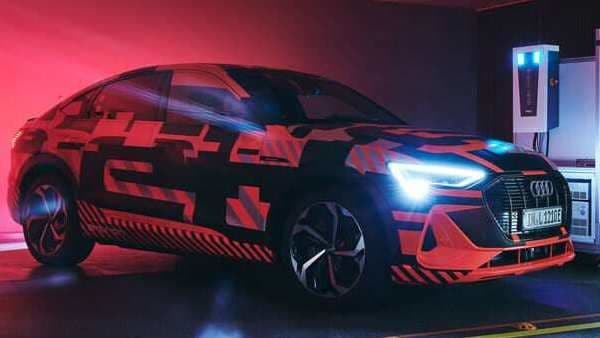

Car maker Audi and electrical installations manufacturer Hager Group are pursuing an innovative research project on bidirectional charging. This technology makes possible the incorporation of electric cars into the domestic grid for energy transition. It mainly helps use cases where home owners use their own photovoltaic or solar power system to benefit from cost-optimized charging.
Audi aims to make electric cars an element of sustainable energy transition. The idea behind this is that high-voltage battery of the electric cars not only charge via the wall box at home but also supply energy back to the house as a decentralized storage medium. For example, the battery of an Audi e-tron could supply a single-family home with energy for around one week independently.
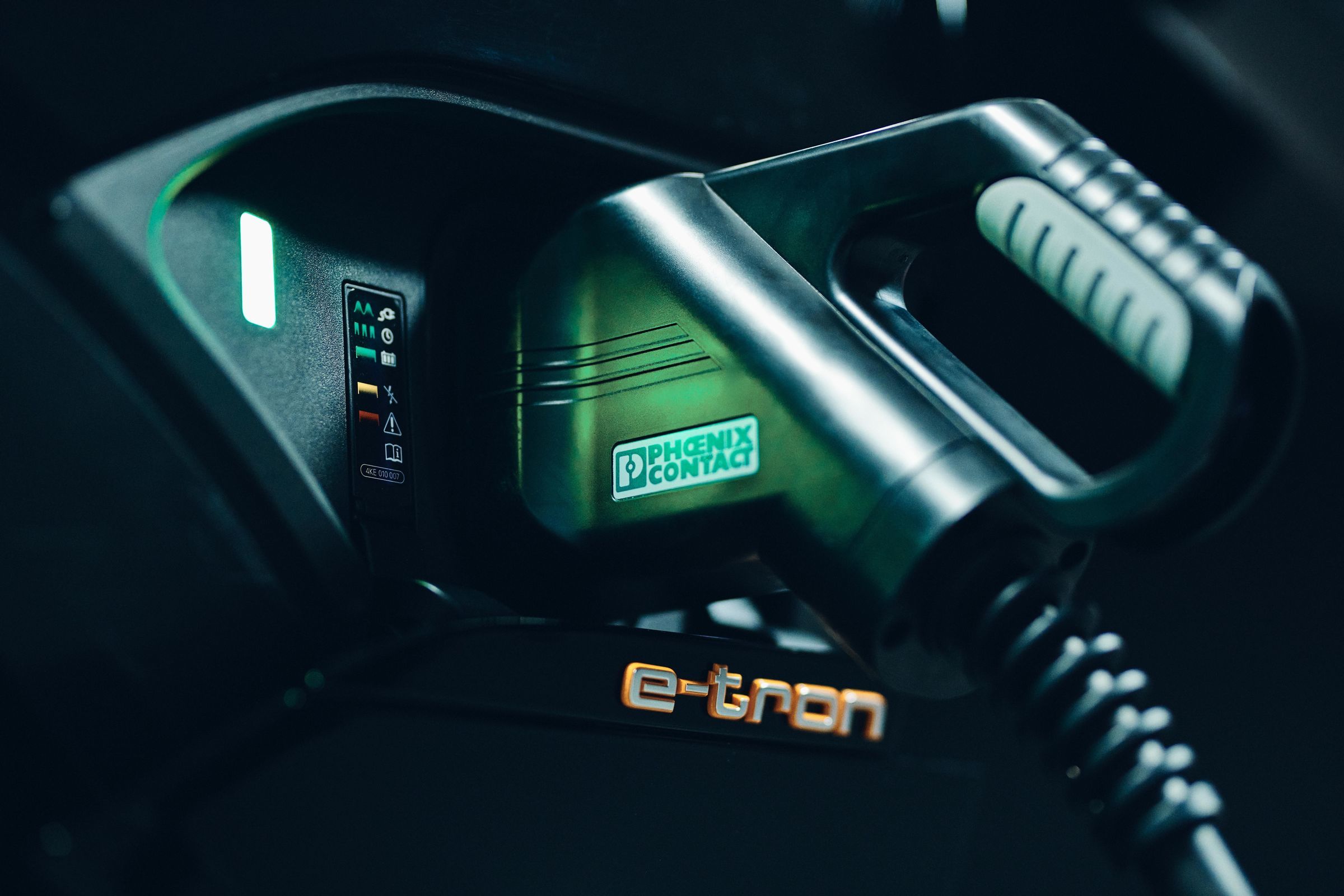

Also check these Cars
This technology is useful because generation of electricity is not always constant. On sunny days and phases with strong winds, there is often a lack of capacity to store the generated energy that the grid cannot use. On such days, an electric car can serve as a temporary storage medium for the domestically generated eco-electricity. When the sun is no longer shining, the vehicle can supply the stored electricity back to the house. The technology of bidirectional charging at home – also known as Vehicle to Home (V2H) – can reduce the home owner’s electricity costs and increase network stability.
Also Read : Audi delivers 17,641 e-tron models worldwide in first half of 2020
Bidirectional charging also provides a security of supply that extends beyond pure cost optimization. For example, in an event of a blackout, the system can supply the house with energy via high-performance HV battery or it can even operate a building without a grid connection independently in what is known as stand-alone operation."Electric mobility is bringing the automotive industry and the energy sector closer together. Audi aims to make electric cars energy storage devices on four wheels," says Martin Dehm, technical project manager for bidirectional charging at Audi.
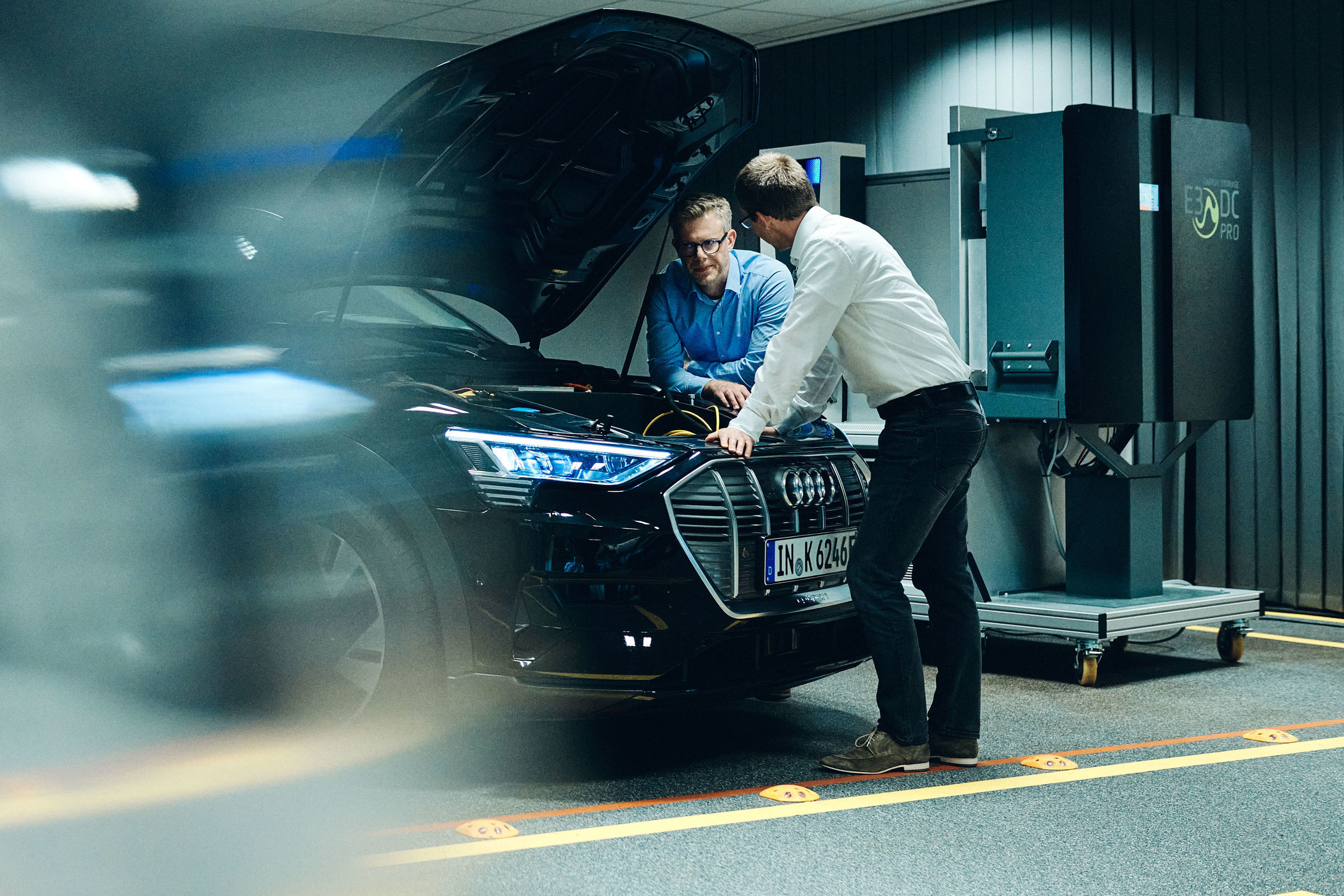

The carmaker says it is working on making its vehicle fleet CO2-neutral by 2050. The brand aims to launch around 20 fully electric models by 2025. Part of the plan is also to evolve electric cars into part of an increasingly broad mobility offer and an element of the sustainable energy transition.







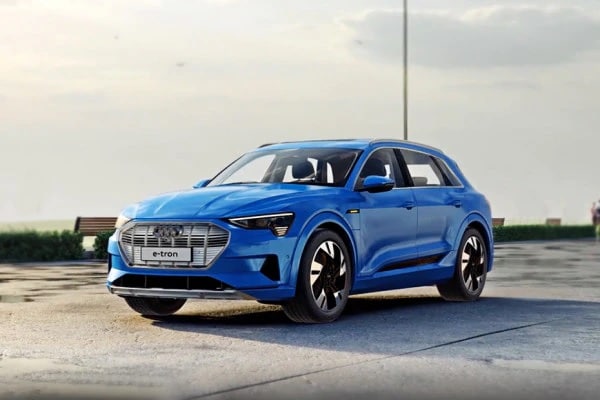
 95 kwh
95 kwh 379 km
379 km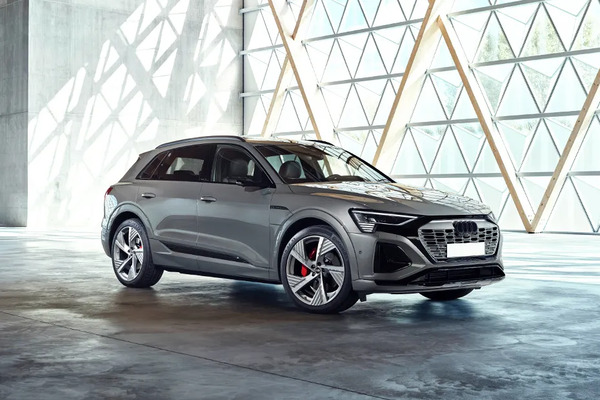
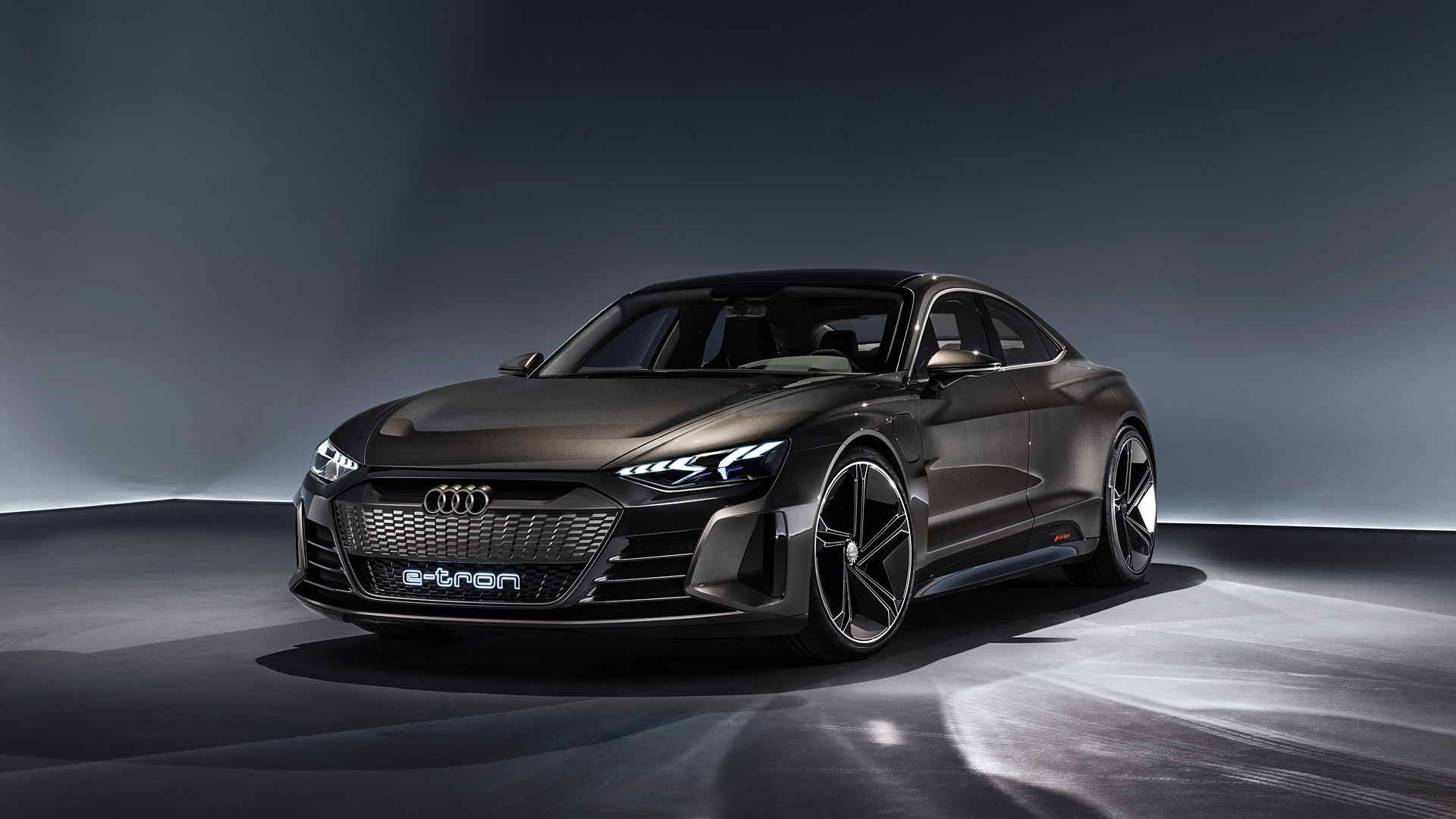
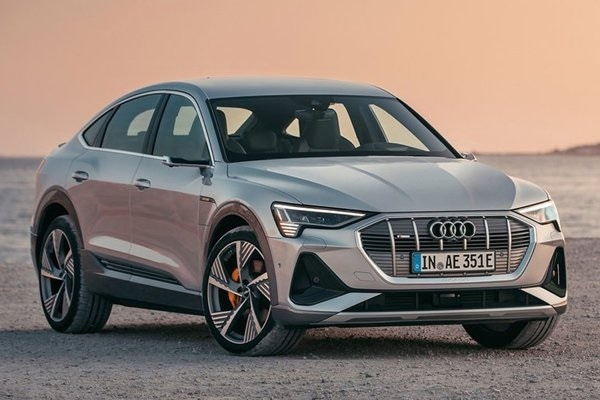
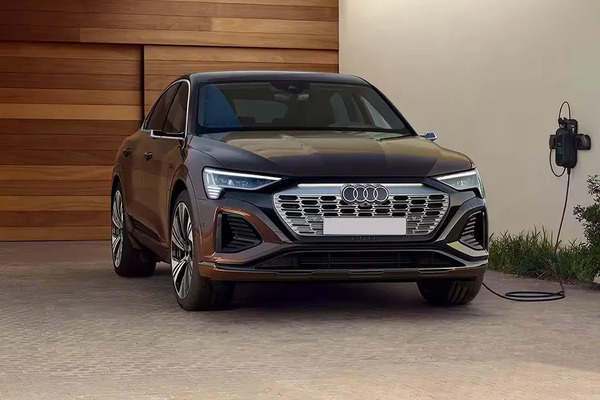
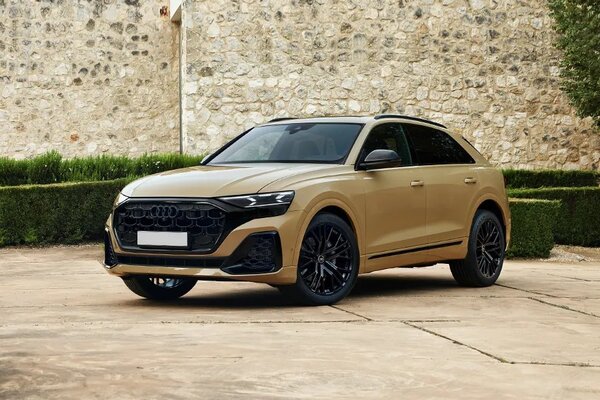
 2995 cc
2995 cc Petrol
Petrol











